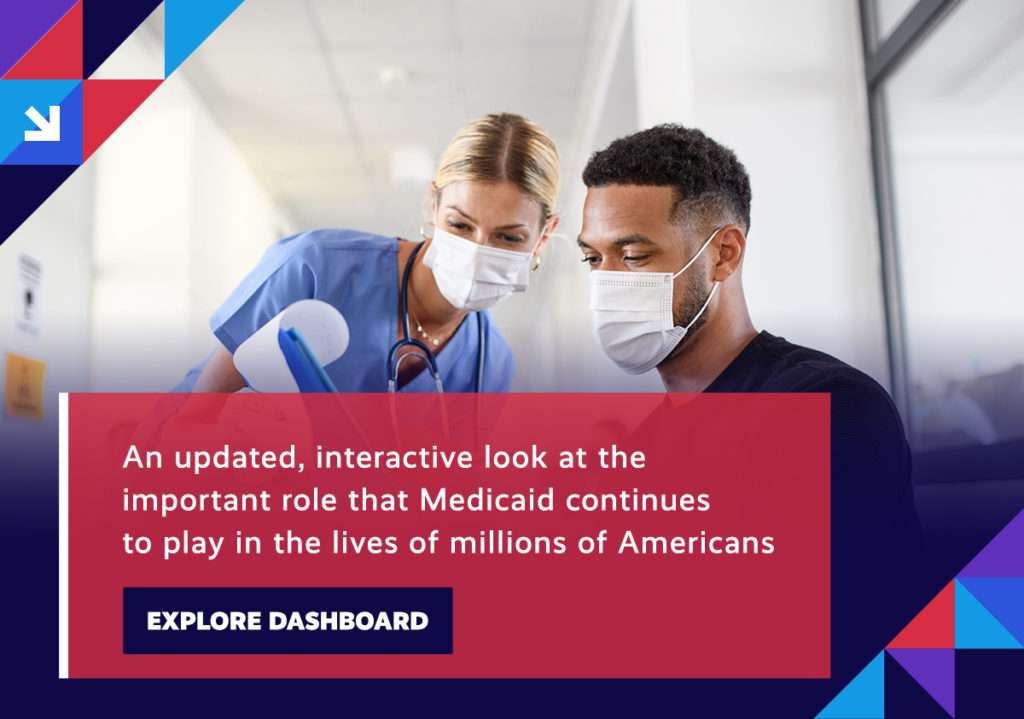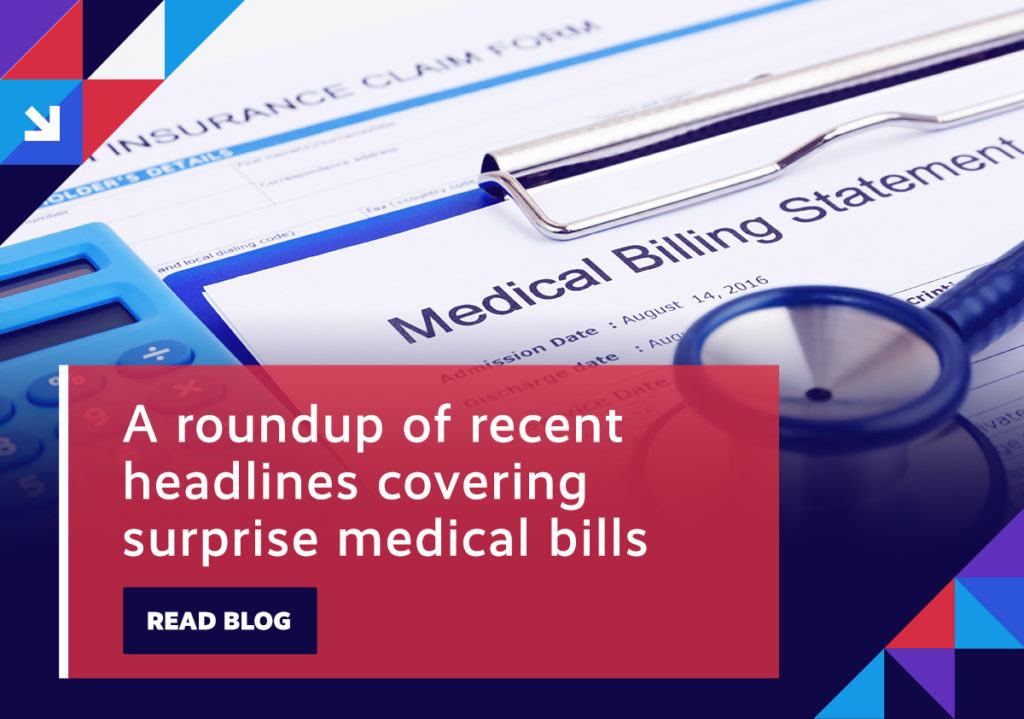Stakeholders urge the Administration to move forward with their final rules addressing surprise medical bills; private equity interests drive tech investment in hospitals; a handful of drug price hikes drove up billions in healthcare spending last year; and, a majority of Medicaid managed care plans are now offering health equity benefits.
We encourage you to stay involved as implementation efforts surrounding healthcare reform progress. Visit the Health Action Network and be sure to let us know what’s on your mind.
Item of the Week

Week in Review
Surprise Medical Bills: With the “No Surprises Act” going into effect on 1 January, stakeholders have come together to urge the Administration to move forward with their recently-proposed final rules, despite efforts by opponents to undermine or delay implementation. As a reminder, Congress passed the “No Surprises Act” to better shield consumers from the surprise medical bills that providers send to patients when care is delivered outside their health plans’ network, often in emergency settings or from specialists, such as anesthesiologists or radiologists, who choose to remain outside those networks to maximize their reimbursement. In a recent letter to the Administration, dozens of organizations representing employers, teachers, consumers, unions, patient groups, and other stakeholders from across the healthcare spectrum, voiced their support of the vital consumer safeguards included in the final rules. In responding to opponents’ claims that the final rules unfairly disadvantage providers in the arbitration process, the Administration said that the surprise billing rules are aimed at forcing doctors who overcharge to accept fair prices.

Private Equity: According to a new study, hospital investment in robotic surgery, digital mammography, and other tech tools has undergone explosive growth. Published in Health Affairs, the data points to this trend being driven primarily by private equity interests. What this flood of investment suggests to researchers is that hospitals are increasingly being pushed to chase profits, as evidenced by the corresponding dip in the delivery of low-margin services. In fact, after being acquired by private equity firms, researchers found that hospitals were 6.2 percent likelier to offer robotic surgery and 4.1 percent likelier to offer digital mammography. The research also suggests that hospital administrators may be less inclined to invest in unprofitable services, as private equity firms generally focus on incentivizing businesses to adopt strategies that prioritize profits, which helps to bolster their value before these firms are able to turn around and sell these companies.
Rx Price Hikes: A recent report highlights the toll that rising drug prices continues to exact on our overall healthcare spending. According to the analysis put out by the Institute for Clinical and Economic Review (ICER), price increases for seven of the ten top-selling prescription drugs last year cost the US healthcare system nearly $1.7 billion. To add insult to injury, the report also classifies these substantial price hikes as being without clinical evidence to justify the increases. On a related note, a separate report from the Commonwealth Fund found that spending on prescription drugs in this country drives overall healthcare spending primarily owing to high prices for those drugs, and not as a result of utilization or prescribing. In other words, by comparing drug costs and spending in the US with other high-income countries, researchers were able to determine that high prices were largely to blame for drug spending having become so burdensome to consumers, employers, and state and federal government programs. And, perhaps most astounding, in 2018, the US spent more on drugs ($464 billion) than 32 other nations combined ($331 billion).
Medicaid & Health Equity: Medicaid managed care plans have always played an important role in connecting some of the most vulnerable populations with critical access to the healthcare they need. Now, with our growing focus on addressing inequities in the healthcare space, that role has expanded. In fact, Medicaid managed care plans have already embraced this approach, with seven-out-of-ten plans now offering benefits aimed at tackling health inequities, according to the results of a new survey released prior to Thanksgiving by the Institute for Medicaid Innovation. The survey also found that most plans (95 percent) provided services targeted to members’ social needs, such as housing and food support. Further, the vast majority also reported either partnering with community health centers (90 percent) or community-based organizations (95 percent) to better address the social needs of their members.
Spotlight

You can keep up with the latest by following the Health Action Network on Twitter and by liking us on Facebook. And, be sure to check us out on LinkedIn, too. As always, let us know if there’s something you’d like to see covered in a future newsletter.
